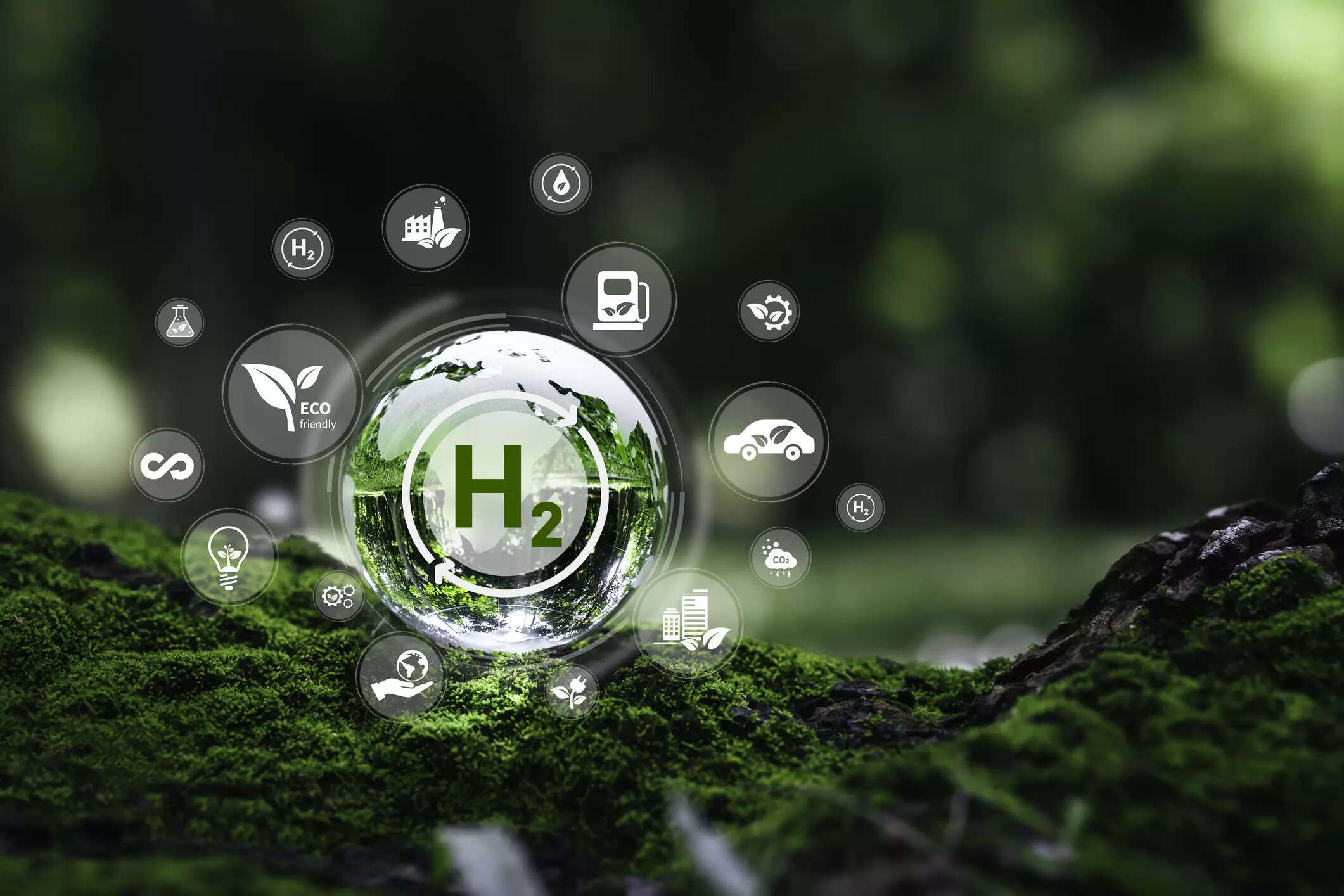
New Delhi: India has sounded a note of caution against protectionist measures that could stymie growth of free trade in green hydrogen (GH2) and prevent the world from achieving net zero in time.
“We want the world to partner (in green hydrogen). That is the solution (for faster decarbonisation). Not creating barriers. For decades we heard speeches from countries on how free trade was necessary and ethical. Those countries are putting up barriers. Which is shameful. Some are giving huge subsidies that make producing green hydrogen almost free. That is also a barrier,” renewable energy minister R K Singh told the first international green hydrogen conference on Wednesday.
This is the first time that India has publicly expressed concern over subsidies or incentives being given by the developed economies. Though he did not name any country, Singh’s remarks are being seen as targeted at the incentives being offered by the US under the Inflation Reduction Act (IRA) and other developed economies that could put to disadvantage India’s plan to emerge as a global green hydrogen hub and exporter.
India has announced USD 2 billion worth of incentives to help build a GH2 and electrolyser-making industry. But industry players say it would be difficult to compete in the marketplace in view of incentives worth USD 9 billion being given by the US under the IRA, USD 10 billion by Germany, USD 8 billion by France and USD 4 billion by the EU that will make GH2 production practically free.
Singh, however, said barriers will not work as other party can also do the same. But it will delay net zero as the world is trying out “new things (such as green steel)” for the first time to speed up decarbonisation. “We will get there (net zero on time). But then you don’t talk about decarbonising or net zero,” he said, pointing out that countries putting up barriers will miss out on the India that will be the largest market.
The minister invited investors, saying India is the biggest market outside China in renewable energy space and a world leader in energy transition. “We have reduced our CO2 emission intensity nine years in advance and have also upped our NDC target for 2030 in line with our fast pace of… …energy transition. If you are dealing in energy sector, come partner with us for a swift global energy transition.”

